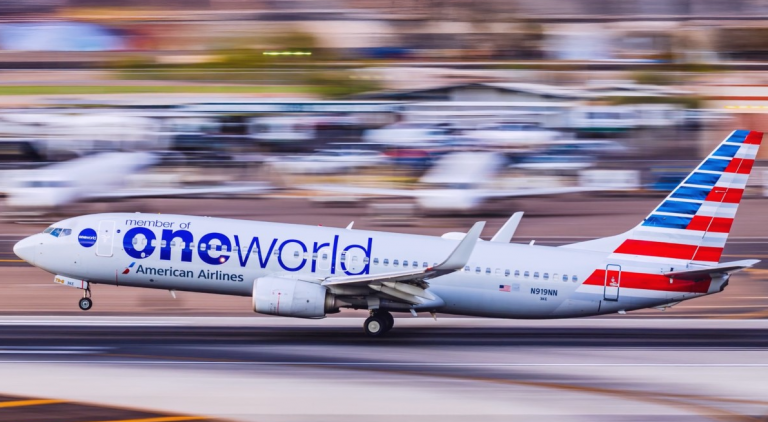oneworld Alliance and member airlines, in partnership with Breakthrough Energy Ventures (BEV), announced the launch of a new investment fund designed to address the limited availability and high cost of today’s Sustainable Aviation Fuels (SAF). The fund, led by cornerstone investors American Airlines and Alaska Airlines, seeks to accelerate the global development of long-term aviation fuel solutions that are cost effective, scalable and have lower emissions than conventional fuels.
BEV, Breakthrough Energy Venture’s capital fund founded by Bill Gates, will serve as the fund’s investment manager, bringing deep technical expertise, a rigorous diligence model, and extensive experience supporting the growth of early-stage climate technology companies. By leveraging its resources to support the energy transformation of one of the most challenging sectors for climate mitigation, BEV aims to advance fuel technologies that offer the greatest potential for tackling the sector’s emissions and securing long-term commercial success.
“Sustainable Aviation Fuel is essential to addressing the sector’s environmental impact and represents a major commercial opportunity,” said Eric Toone, chief technology officer at Breakthrough Energy and managing partner at Breakthrough Energy Ventures. “The oneworld BEV Fund is built to identify and scale breakthrough SAF technologies that can deliver real emissions reductions for jet fuel, compete with fossil-based fuels on cost, and integrate seamlessly with today’s aviation infrastructure. These are complex systems-level challenges that will take time to solve, and the fund is built with the long-term vision and staying power to help bring solutions to market.”
The fund is also supported by oneworld Alliance member airlines International Airlines Group (IAG), Cathay Pacific, and Japan Airlines. Recognising the power of collective action, oneworld and Breakthrough Energy Ventures made an early decision to welcome non-alliance investors, including Singapore Airlines, which shares the alliance’s commitment to accelerating industry-wide progress in SAF.
The global aviation industry, which generates some $4.1 trillion in economic activity and supports 86.5 million jobs, currently accounts for approximately 2-3% of global carbon dioxide emissions, in addition to other environmental impacts. Airlines and manufacturers continue to invest in modern aircraft, engines and operational efficiencies. Demand for air travel is expected to rise in the coming decades, and SAF, which today can reduce lifecycle emissions of jet fuel by up to 80% compared to conventional jet fuel, is a crucial tool for mitigating the industry’s environmental impact. While SAF can significantly decrease the carbon dioxide emissions from aircraft engines, the first-generation SAF in production today has come with challenges. The SAF industry has not yet attracted the investment required to scale production at competitive prices in line with market needs, and lifecycle environmental impact is a concern. oneworld and its partners are focused on supporting new technologies that can scale the availability of cost-competitive SAF, while minimising other environmental impacts.
For more news like this, click here.

